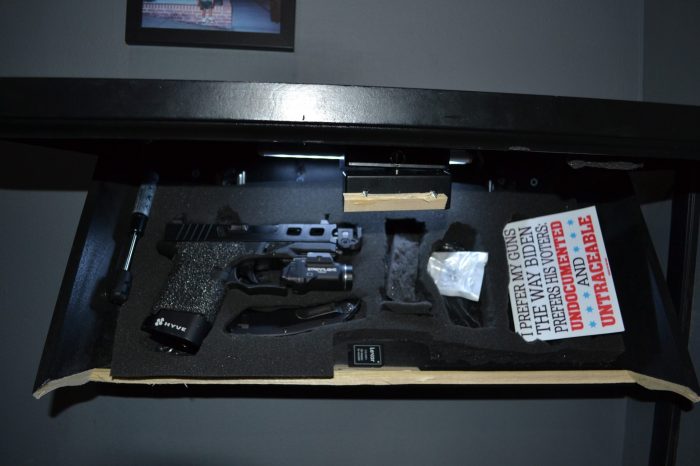The Great Neck Vigilant Engine and Hook and Ladder Company held a meeting at Great Neck North Middle School on Monday, June 19, to hear residents’ opinions about billing health insurance companies directly for ambulance calls. Currently, each household in the Vigilant Fire Company service area pays an all-encompassing, on average, $140 in taxes for emergency-assistance services. Vigilant, which has been the EMS provider of the Great Neck community for 80 years, held the meeting at the suggestion of village mayors who have suggested that the change would save money for other projects.
“While we begin to collect data and conduct research on direct billing, we are opening this process to community feedback and determining the specific concerns of residents,” David Weiss, Vigilant chairman, said in a statement. “This change would affect all of us, so all community comments deserve to be heard and considered.”
Approximately 18 years ago, a bill came into effect that allowed ambulances to bill insurance companies; to this day, state general municipal law prohibits fire companies from billing insurers. Over the last decade, Vigilant began to assess the benefits of implementing a direct billing system, some of which would be reduced taxes and increased ambulance budget for the creation of new programs.
“The implementation of a direct billing system for Great Neck residents is designed to supply more services and better equipment, to hire paid paramedics and to lessen both the tax bill and out-of-pocket costs,” Weiss said. “The splitting up of the fire and ambulance companies due to the differences in legislation is not that big of an issue and service will remain as reliable as it is now.”
In order to make residents aware of the advantages of a new billing system, Vigilant officials described how Commack, and other ambulance companies islandwide that have adopted direct billing, has been able to cut taxes by 25 percent while drastically increasing the ambulance budget. Using this example, officials inferred that taxes would decrease by a similar amount if the service is implemented correctly.
In response, many residents and Vigilant officials themselves stated that it is an impossibility to predict the outcomes of the direct-billing service. According to EMS officials at the meeting, it is “unknown how the billing will affect residents” at this time.
Residents also expressed concern that adding this service will add 20 minutes to each call, potentially risking the efficiency that Vigilant strives to achieve. Building upon this, officials, including Weiss, reflected that transitioning from the current system to direct billing will force all records to become electronic, making a “10-minute Prehospital Care Report into a 45-minute report.”
For now, however, Vigilant requests that residents within the coming weeks and months send feedback and contact local mayors to discuss opinions and concerns. In the fall, Vigilant will also be holding a second public meeting to discuss further findings, answer questions and develop a course of action to proceed.






























